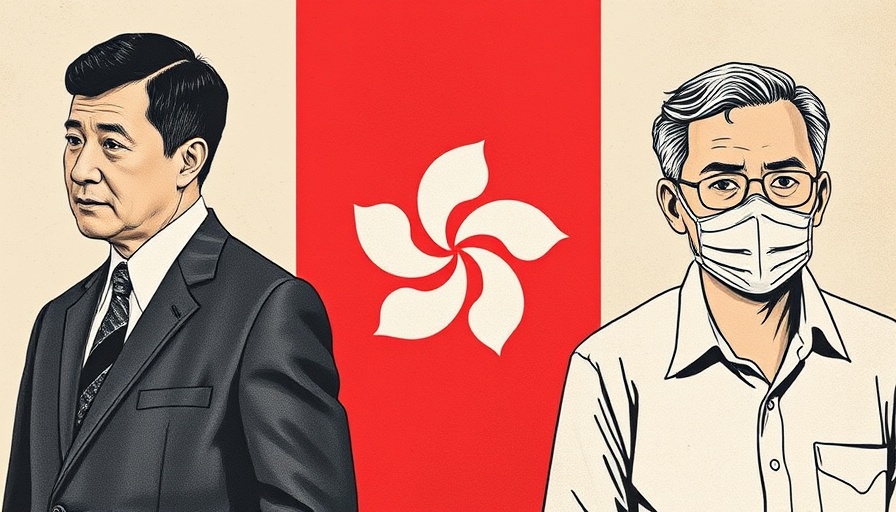
The Implications of U.S. Support for Hong Kong
Recently, the United States government released a joint statement regarding arrest warrants issued in Hong Kong for various activists. This announcement has resonated worldwide, drawing attention to the ongoing tension between pro-democracy movements and government authorities in Hong Kong. The U.S. has reiterated its commitment to human rights and the rule of law, urging other nations to do the same. As these events unfold, it becomes critical for citizens not only to stay informed but to understand the broader implications of such actions on international relations and domestic policies.
Hong Kong's Recent Political Landscape
Over the past few years, Hong Kong has experienced significant political shifts following the imposition of a strict national security law by Beijing. This law has led to the arrest of numerous activists, effectively stifling dissent and limiting the freedoms previously enjoyed by the citizens of Hong Kong. The issuance of arrest warrants serves as a stark reminder of the escalating situation and the central government’s efforts in curtailing opposition.
Why This Matters to Americans
The developments in Hong Kong are not just local issues; they echo across the globe, impacting U.S. foreign policy and economic interests. As the world's foremost democracy, the U.S. plays a crucial role in advocating for human rights and democratic values. Understanding this international dynamic is pivotal for American citizens, especially given the interconnection of global economies and political ideologies. The potential repercussions of supporting democracy in Hong Kong can influence U.S. relations with China, shaping future diplomatic efforts and trade agreements.
The U.S. Response: A Call to Action
The recent U.S. joint statement emphasizes a call to action for global leaders and institutions to uphold human rights as a non-negotiable element of governance. This situation presents an opportunity for American citizens to engage more actively in discussions about their stance on international human rights, pushing for policies that advocate freedom and justice around the world.
What About Domestic Perspectives?
As Americans reflect on international issues such as the situation in Hong Kong, it's vital to draw parallels with domestic challenges. Just as global citizens fight for their rights, many individuals in the U.S. grapple with issues like immigration laws, gun control, and systemic inequities. How the U.S. fosters democracy abroad can inform the discourse on civil rights and liberties at home.
Conclusion: Stay Informed, Stay Engaged
As events unfold regarding the situation in Hong Kong, it’s essential for Americans to understand their implications not only on international policies but also on domestic affairs. Taking an active interest in world news fosters a more informed citizenry, which is crucial for a thriving democracy. Let’s engage in discussions and advocate for policies that uphold dignity and rights for all, both at home and abroad.
 Add Element
Add Element  Add Row
Add Row 



Write A Comment